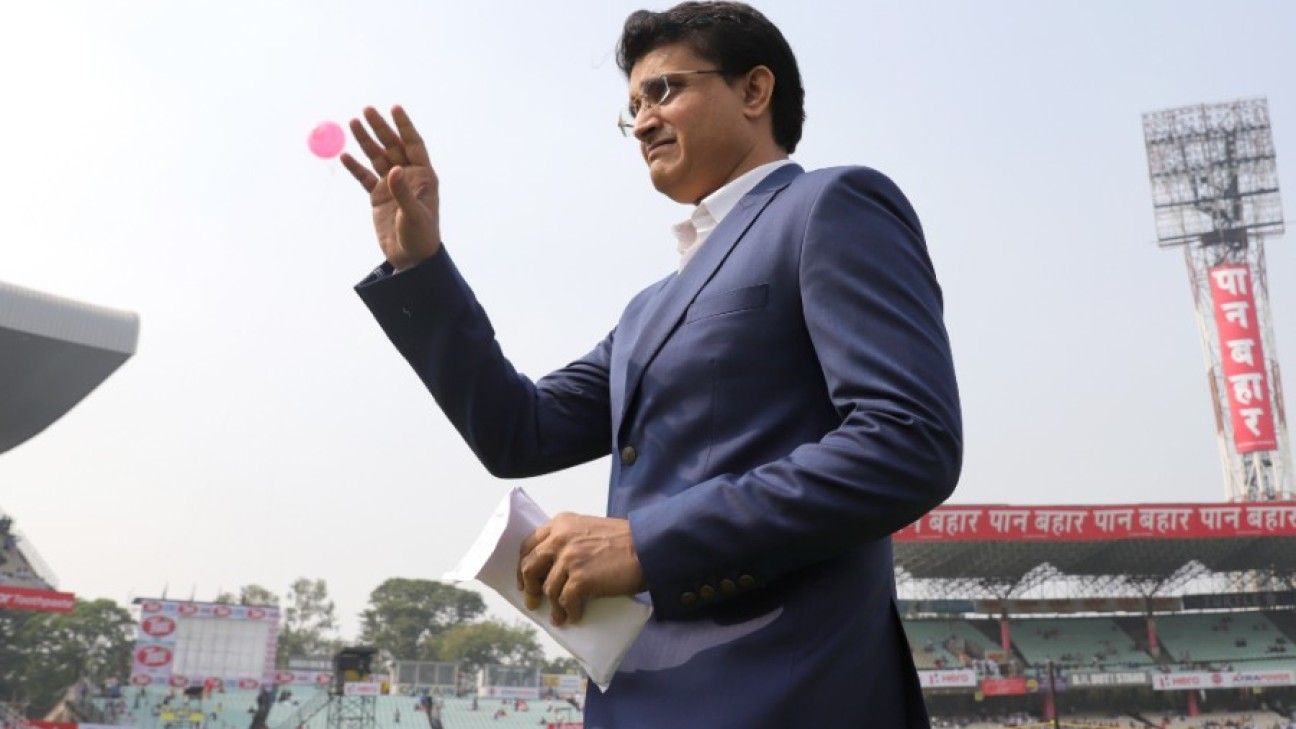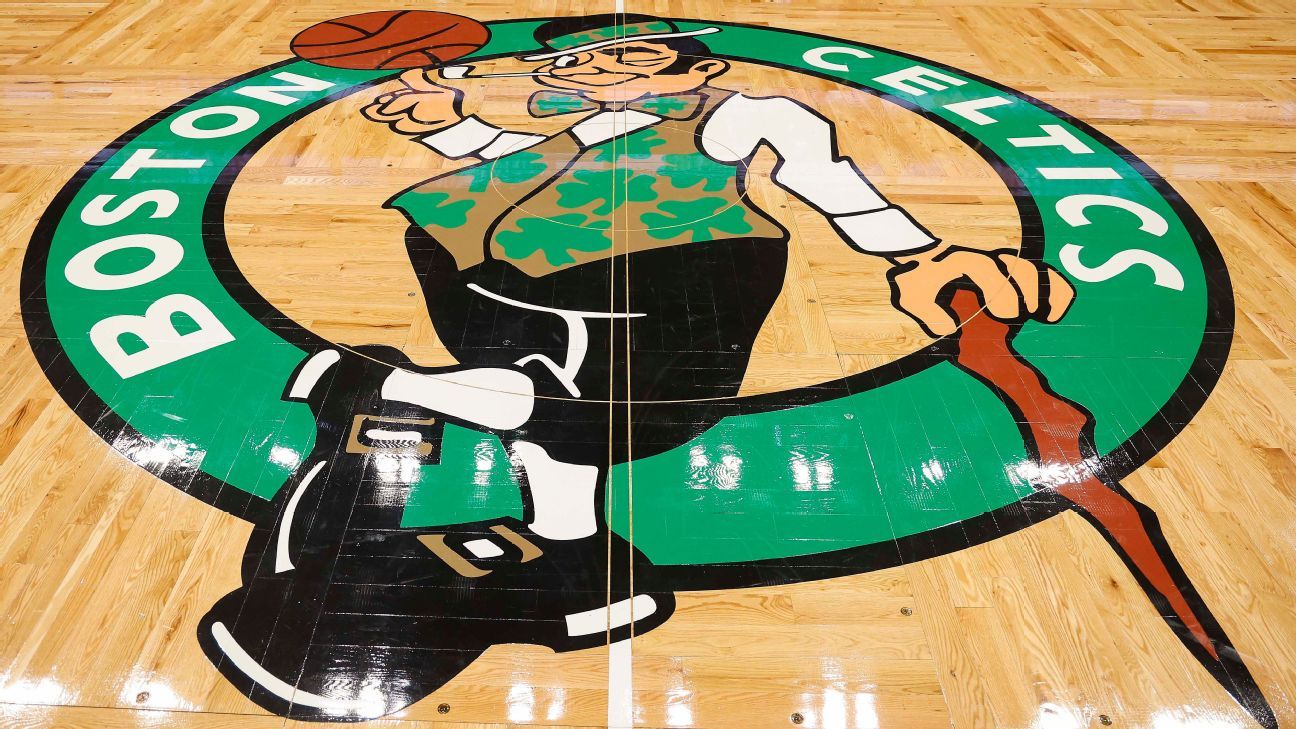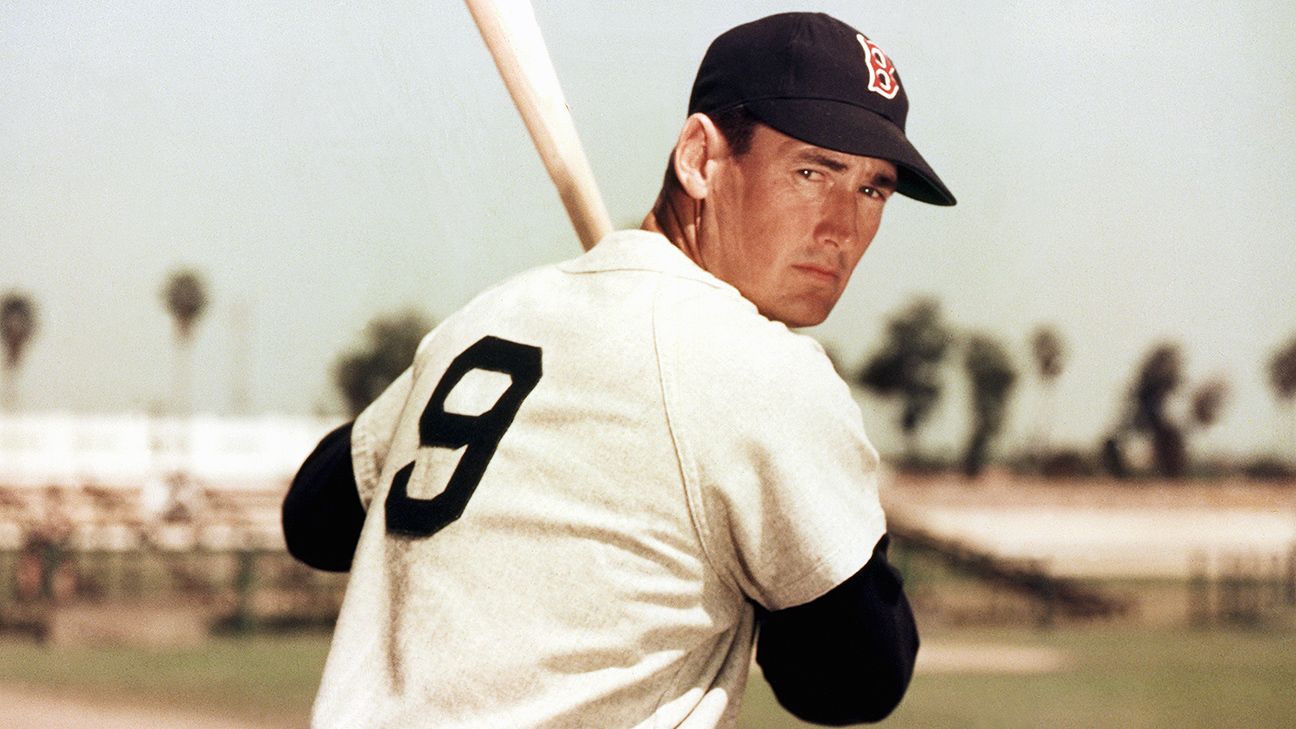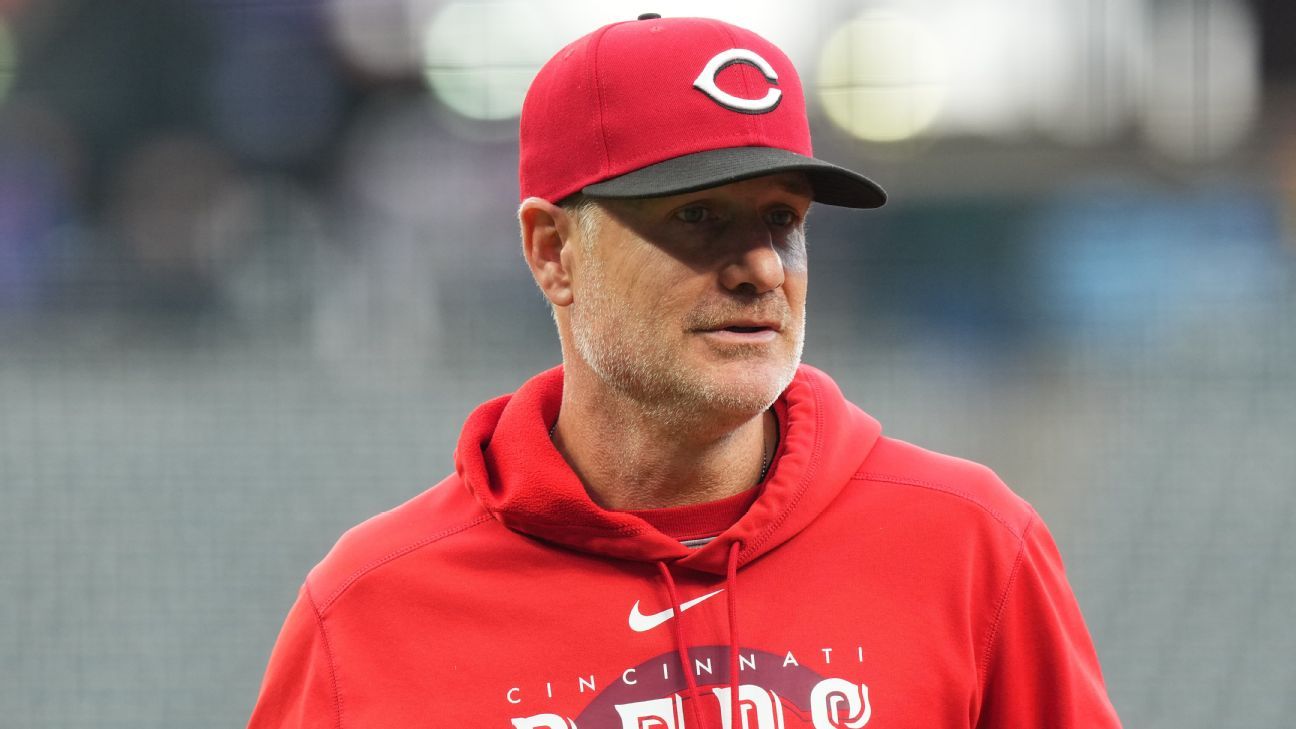
Just over a month after being elected BCCI president, Sourav Ganguly had plenty to sort through at his new administration's first annual general meeting (AGM), in Mumbai on Sunday. His team had to look at variety of issues dating back to 2016, when the previous AGM was held. After the meeting, Ganguly spoke on several of them. Here's a run through.
Increasing the infrastructure subsidy for members
The board has decided to increase the infrastructure subsidy for state associations from INR 70 crore (USD 9.7m approx) to INR 100 crore (USD 14m approx). This means that any association that is building new facilities in the state - stadiums, indoor facilities, academies etc - can get an additional INR 30 crore (USD 4.1m approx) to spend on such infrastructure.
The Lodha Committee had said earlier that states should get these funds on a case-by-case basis, not as a flat grant. Ganguly said on Sunday that once these funds are disbursed to the states going forward, the board will also "monitor" their progress in using the funds.
"We've increased because, as you know, the revenue of the BCCI has increased because of the new media rights," he said. "I'm talking about international cricket, not IPL. The money has gone up, so what we're trying to do is incentivise building of better infrastructure like indoor stadiums by the states - like Gujarat is building a new stadium, Himachal has one of the best facilities, in Chennai those new stands are back on track after they've got clearances, we're building the new National Cricket Academy, the nine new state [associations] need infrastructure...
"We will not just give money in one go, we'll compartmentalise it. Indoor stadium is one part, infrastructure is one. And the BCCI will monitor the progress of [use of] these funds. We've formed a committee headed by the three of us [the BCCI president, secretary and treasurer] to look at those states that need infrastructure and monitoring, and make sure that progress happens."
More pink ball Tests for India
The first pink-ball Test in India was a success, in terms of the increase in "eyeballs", Ganguly said. Going forward, he said, India will host more day-night Tests.
"Yes, different [state] associations will host [pink-ball Tests]," he said. "You saw the success [of the Kolkata Test against Bangladesh]; Star Sports [the host broadcaster] has sent us the feedback, the eyeballs were three times [higher than the figures for day Tests]. And that too India wasn't playing the strongest team in the world. When we are playing Australia, England or South Africa, it is going to be remarkable."
When asked if India could play a day-night Test overseas, Ganguly said, "When we tour, we will deal as per the request of the [host] board".
Ganguly was also asked if the Indian board will organise more pink-ball matches on the domestic circuit, like was done in the Duleep Trophy - India's first-class tournament featuring the top players - in the past. He said it would be considered for the next season, 2020-21.
"We'll see, we can't do anything this year," he said. "I'm sure you must have read Sachin [Tendulkar] wanted Duleep Trophy to be played with the pink ball. I've spoken to him but this year Duleep Trophy is over. We have time for next year."
Anti-corruption measures in T20 leagues
Four state associations - Karnataka, Tamil Nadu, Mumbai and Saurashtra - host their own T20 leagues in India, and two of them have been marred by corrupt approaches made to several players. The Karnataka Premier League has been put on hold, and the Tamil Nadu Premier League has gone under the scanner of the BCCI's anti-corruption unit. Ganguly admitted that the board had to "get the anti-corruption systems right".
"We've dealt with it and spoken to the respective state associations," he said. "As you know the Karnataka Premier League is on hold now. There is one [league] in Chennai, one is Saurashtra and one in Mumbai. From Saurashtra and Mumbai there have been no complaints. It's very hard to stop tournaments on the basis of who gets approached. Even in [India's domestic T20 tournament] the Syed Mushtaq Ali Trophy, I was told, a player was approached. That's not a problem or wrong, what is wrong is what you do after getting approached.
"It's very hard to stop tournaments if somebody is just approached. We are dealing with it, we've to get the anti-corruption systems right.
"The states have brought it to our notice. Nobody wants this. At present, on the basis of the two leads where this betting and fixing happened, one is on hold - KPL - and Chennai (the TNCA) has suspended two franchises. We'll deal with it, try and put the best anti-corruption system in place and make it stronger, and assess it next year. If it still doesn't go and doesn't stop, then we'll have to do something else."
Conflict of interest
This topic has come up nearly every time Ganguly has spoken since taking over as the board chief. Now, the BCCI has put off naming the Cricket Advisory Committee (CAC), which is needed to pick new selectors for the men's senior team. Ganguly said that complications over conflict of interest were getting in the way of the board making major appointments that involved former players or administrators.
"The conflict clause stops everyone, like former cricketers and former administrators," he said. "That's why we can't make the CAC or [appoint] proper selectors. It [the rule] has to be practical, that's why we're going to court."
"The conflict issue stops us everywhere - to get good people and keep them longer, and it stops them from doing other things. It's very difficult."
The board is now hoping its proposed changes to the constitution for the conflict clause are approved by the Supreme Court, and it subsequently has a bigger pool of former players to choose from before appointing the next set of committees.















 Phone: (800) 737. 6040
Phone: (800) 737. 6040 Fax: (800) 825 5558
Fax: (800) 825 5558 Website:
Website:  Email:
Email: 






